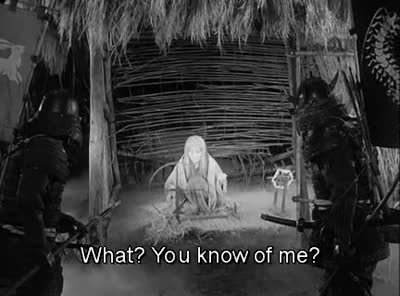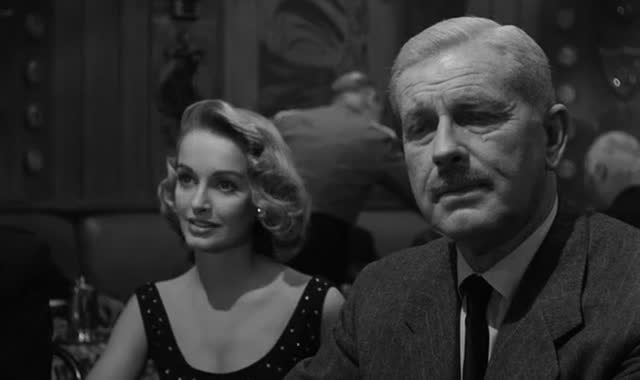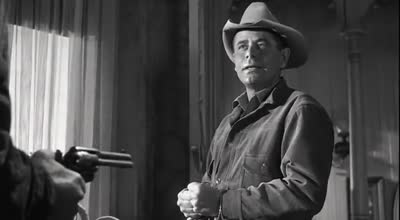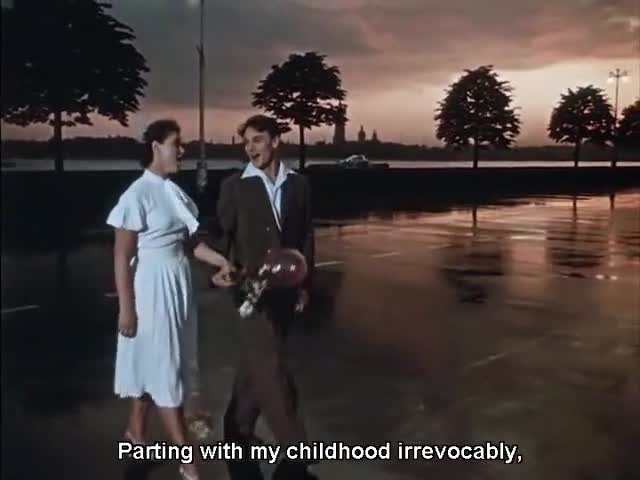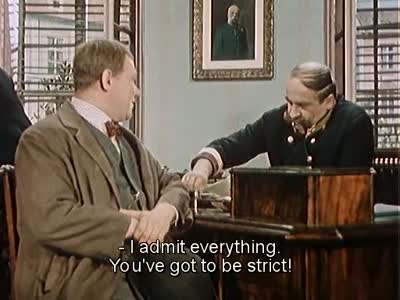The Master Builder (1958, UK)
My favorite way to view Ibsen’s Byggmester Solness is as a preview of the rise (and – spoiler alert – fall) of fascism. The connection seemed obvious to me the first time I saw it. Solness believes that certain chosen people have the power to bend the world to their will, and he wishes for the sort of sturdy viking’s conscience that allows you take what you like without feeling bad about it. So he’s a proto-fascist. Later I learned that this is not a common interpretation. Don’t ask me why. Watched it all.
Ivan Brovkin na tseline (1958, USSR)
Not all late 50s Soviet movies portray the hardships of Soviet life as a sort of anvil that you forge beauty and greatness on, they’re not all surprisingly sentimental movies where the humans are more human precisely because the factories are brown and the bureaucrats gray, where the system isn’t perfect but the next generation will set it all right, (you can see it in their eyes). Some are also reflections of that grayness, like this p.c. story about the patriotic youth on the collective farm. Watched: 11 minutes.
The Trollenberg Terror (1958, UK)
Headless corpses, radioactive clouds, walking dead, and clairvoyant girls. The horror sound movie didn’t start with the Universal “classics” in the 1930s, but in the UK in the late 50s. There was little worth watching inbetween, (trust me on this). Now there are both good horror movies, like the Hammer ones, and enjoyable mediocre ones, like this. Watched it all.





